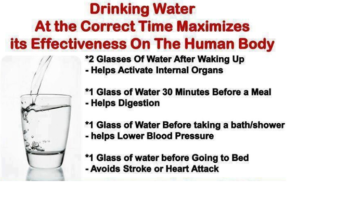Hormones play a vital role in regulating numerous bodily functions, including mood, fertility, and ovulation. Imbalances in these hormones can lead to emotional changes, sudden mood swings, and physical symptoms that often catch people off-guard.
Hormonal fluctuations can be influenced by various factors such as puberty, pregnancy, perimenopause, menopause, stress, poor lifestyle habits, menstrual cycles, and the use of contraceptive pills. The effects of these imbalances can extend beyond the individual, impacting relationships and daily interactions. Recognizing the signs of hormonal imbalances early is key to addressing them effectively.
Here are six common indicators:
1. Constant Hunger
One of the telltale signs of a hormonal imbalance is an increase in appetite and cravings, particularly for sugary foods. This is often due to elevated levels of the hormone ghrelin, which triggers hunger and can lead to unintentional weight gain.
2. Mood Swings
Unpredictable and frequent mood swings, ranging from happiness and excitement to anger and sadness, are often linked to hormonal changes. These shifts can be especially noticeable during menstruation or menopause when hormones like estrogen and progesterone fluctuate. Progesterone, known as the “happy hormone,” declines more quickly than estrogen, contributing to emotional shifts.
3. Fatigue
Persistent fatigue can be a sign of high cortisol levels, the stress hormone. Elevated cortisol can make you feel constantly tired, even when you’ve had enough rest.
4. Unexplained Weight Gain
If you maintain an active lifestyle and balanced diet yet still struggle with weight gain, hormonal imbalances may be the reason. When hormones are unregulated, metabolism slows down, making weight loss difficult. This often leads to an accumulation of fat, particularly around the abdomen, where excess cortisol and estrogen are stored.
5. Low Libido
A drop in sex drive can result from hormonal imbalances affecting essential hormones like estrogen, testosterone, and thyroid hormones. This may also be accompanied by vaginal dryness, which can make intimacy uncomfortable or even painful.
6. Insomnia
Sleep disturbances, particularly between 2 a.m. and 4 a.m., can be linked to hormonal imbalances. Lower levels of estrogen and progesterone, combined with increased cortisol, can lead to difficulty falling or staying asleep. Night sweats and hot flashes may also disrupt sleep quality.
Related posts:
Doctors Hide This Secret: Cure Thyroid Issues Naturally with Just One Ingredient!





